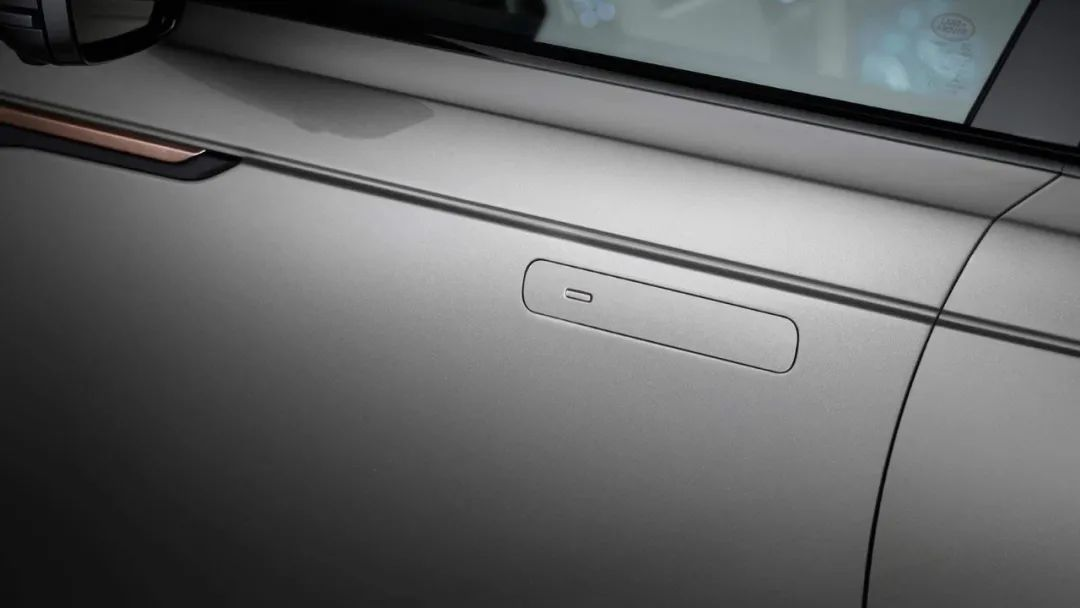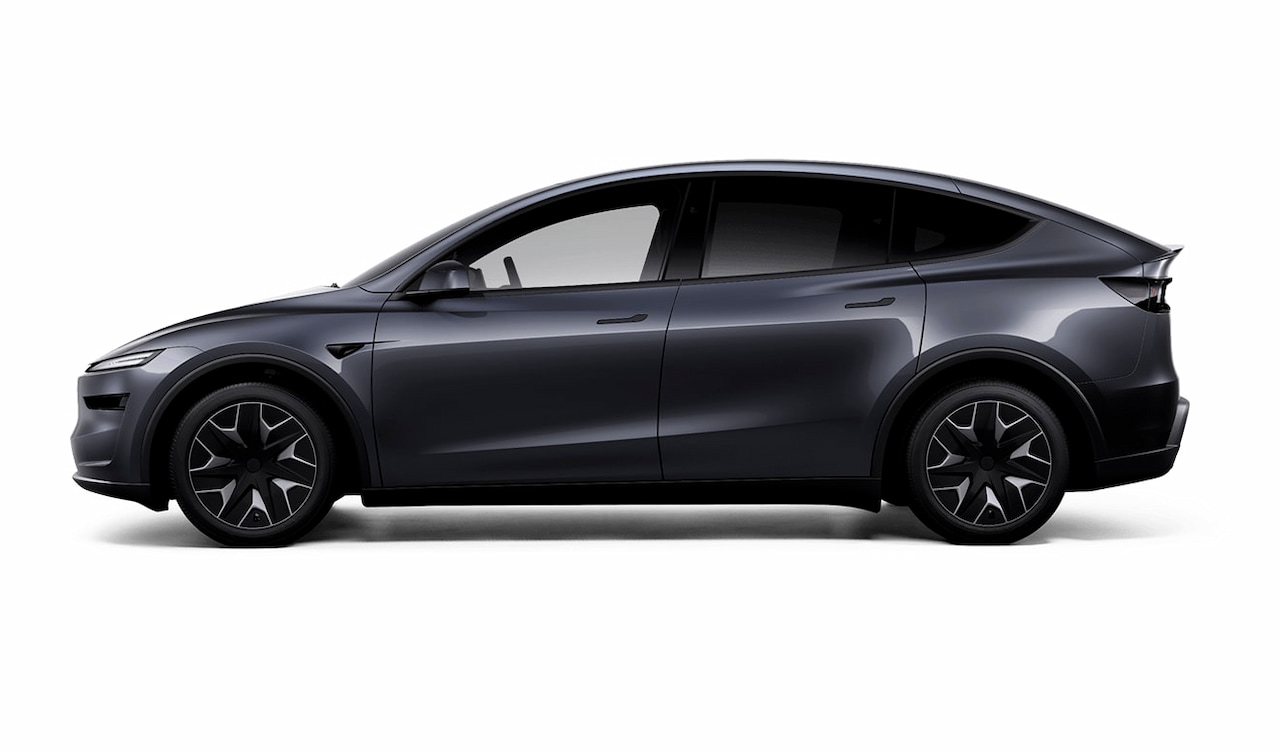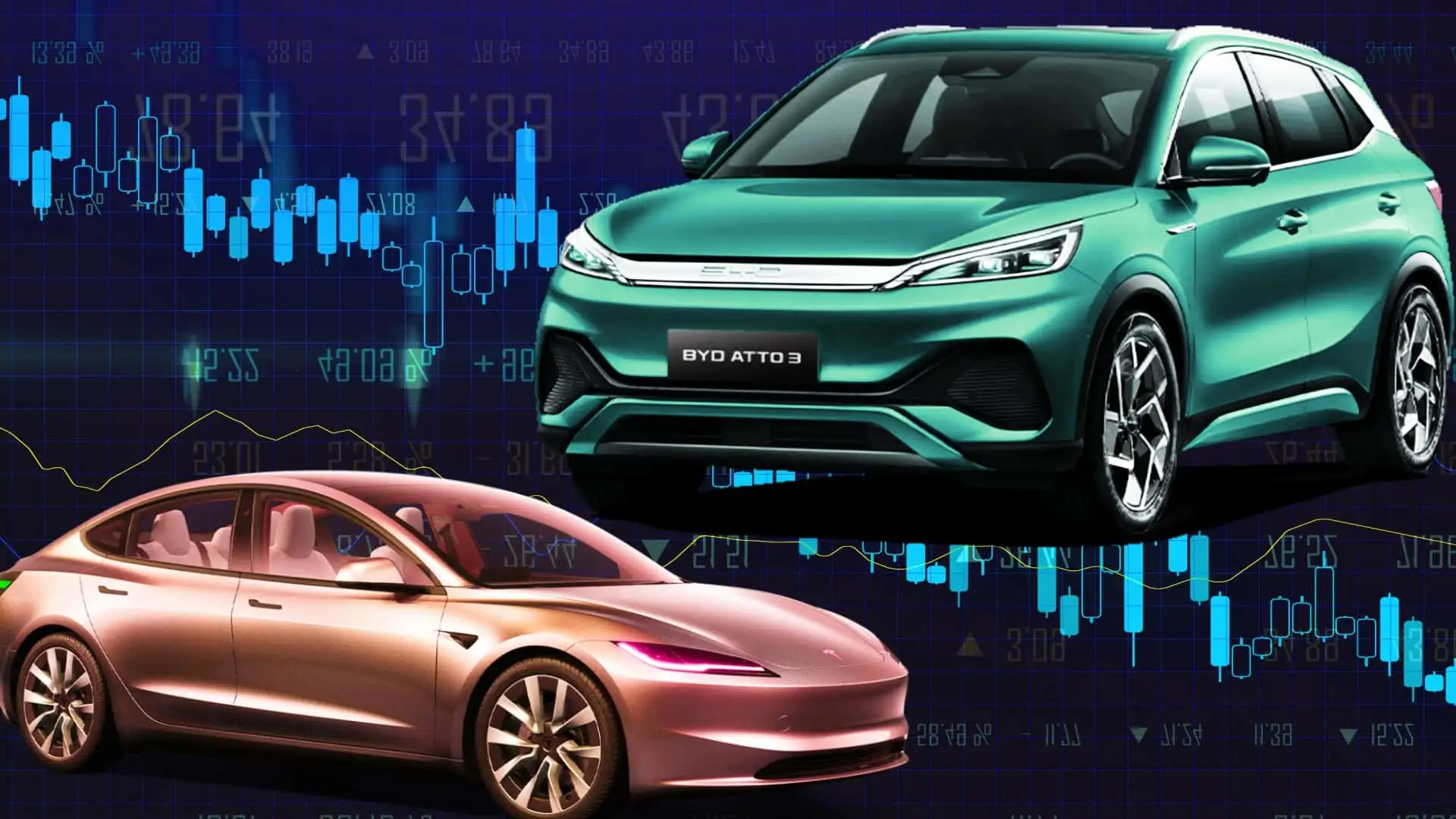Elon Musk, CEO of Tesla: Chinese Electric Vehicle Manufacturers Will 'Demolish' Global Competitors Without Trade Barriers
1 year ago

Elon Musk, CEO of Tesla, stated on Wednesday that Chinese automotive manufacturers will "demolish" their global competitors without trade barriers, highlighting the pressure faced by the leading American electric vehicle company to expand globally.
Musk's remarks come after BYD, backed by Warren Buffett, surpassed Tesla as the world's largest electric vehicle sales company in the last quarter, despite Tesla's significant price reductions in 2023.
Describing Chinese automotive companies as "the most competitive" and predicting their significant success outside China, Musk emphasized the importance of tariff and trade barrier policies. He added, "If there are no trade barriers, Chinese companies will essentially demolish most other car companies in the world. They are extremely good." In response to Musk's comments, the Chinese Ministry of Foreign Affairs, during a regular press briefing on Thursday, expressed unawareness of the reports but advocated for "maintaining a fair, just, and open business environment."
Musk has reasons to be concerned. Tesla engaged in a price war last year to attract consumers facing high borrowing costs, leading to margin pressures and investor concerns. Musk warned on Wednesday that Tesla is approaching "the natural limit of cost reduction" with its current lineup.
Tesla plans to commence production of a cost-effective compact family SUV named "Redwood" by mid-2025 to enhance competition with other manufacturers. Musk confirmed on Wednesday that Tesla plans to start production of its next-generation electric vehicle at its Texas factory in the second half of 2025. However, Chinese electric vehicle manufacturers, adept at managing costs through a stable supply chain, are rapidly expanding internationally, benefiting from increased competition and excess capacity in China, fueled by years of government subsidies boosting domestic sales.
Ross Gregory, a partner at New Electric Partners in Melbourne, highlighted China's long-term state-directed investment in battery materials processing infrastructure as a significant factor driving this growth. For instance, SAIC Motor in China has increased its vehicle shipping fleet to counter shipping costs and boost overseas sales.
Also see: China Overtakes Japan to Become the World's Largest Automobile Exporter.
Nevertheless, awareness of Chinese automotive brands in the United States remains low, and their reliability, durability, and safety are perceived as average. Thus, they have a long way to go to capture significant market share in the United States. Spencer Imel, a partner at Lansgton, a consumer insights firm, emphasized that Chinese manufacturers enjoy high demand in China due to innovations such as in-car technology and battery swapping, which he believes will be crucial for their future growth overseas.
Musk's remarks come amidst the accelerating pace of the U.S. presidential election. President Joe Biden has expressed concerns about China's determination to dominate the electric vehicle market and vowed not to allow it. Former President Donald Trump, the frontrunner for the Republican presidential nomination, has signaled a commitment to impose stronger tariffs if elected, advocating for a universal 10% tariff on all imports into the U.S. and revoking China's most-favored-nation trading status.
Musk reiterated on Wednesday that there is "no clear opportunity" for partnership with Chinese competitors, but Tesla remains open to granting them access to its charging network and licensing other technologies such as self-driving.
Europe has also taken a stringent stance towards Chinese electric vehicle manufacturers. Last year, the European Commission initiated an investigation into whether punitive tariffs should be imposed to protect EU producers against cheaper Chinese imports benefiting from state subsidies.
Gregory from New Electric emphasized the need for policies in the U.S. and Europe that provide automakers with time to build diversified supply chains.
(Reporting by Abhirup Roy in San Francisco; Additional reporting by Akash Sriram in Bengaluru and Eduardo Baptista in Beijing; Editing by Stephen Coates and Jamie Freed)
HOMEPAGE.RELATED_ARTICLES
COMMON.SEE_ALL







